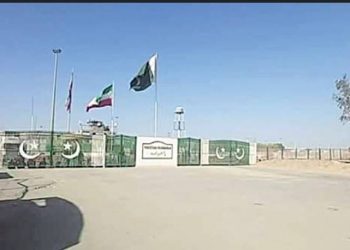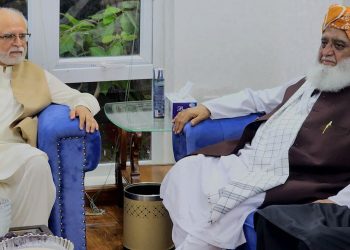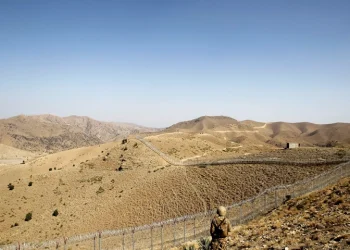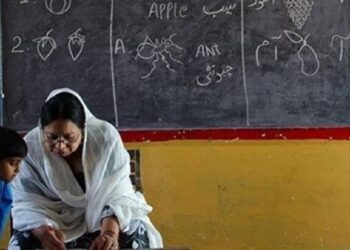Asian Development Bank (ADB) President Masatsugu stated on Tuesday that the bank will continue to support Pakistan in the coming year, concentrating on important economic and structural changes through a policy-based loan program.
The pledge was announced by the top ADB official during a news conference held at the start of the 56th annual meeting of the ADB in Incheon, South Korea.
Asakawa recognized the efforts made by the government to stabilise the economy through the IMF’s Extended Fund Facility (EFF) and the implementation of policies like spending restraint, increased domestic revenue mobilization, introduction of energy sector reforms, including renewable energy, promotion of public-private partnerships, and improvement of financial sustainability.
He stated that the ADB was providing as much support as possible to Pakistan, and expressed hope that the government’s measures will help improve the country’s economic situation.
The ADB president also announced a funding guarantee facility to help the region reduce greenhouse gas emissions and build infrastructure resilient to the impact of climate change.
Named the Innovative Finance Facility for Climate in Asia and the Pacific (IF-CAP), the plan is the first leveraged guarantee mechanism for climate finance adopted by a multilateral development bank, the ADB said.
According to him, the bank has already contributed $39.7 billion to Pakistan through 740 public sector loans, grants, and support initiatives.
He further said that the cumulative loan and grant disbursements to Pakistan amounted to $30.76bn. “These were financed by regular and concessional ordinary capital resources, the Asian Development Fund, and other special funds.”
“ADB’s ongoing sovereign portfolio in Pakistan includes 53 loans and 3 grants worth $9.59bn. In 2022, ADB’s loan and grant disbursements to the country amounted to $2.49bn. This includes $1.8bn in program lending, $680 million from project lending, and $4.6m from grants. ADB provided $1.5bn to help Pakistan boost social protection, promote food security, and support employment for people.”

































